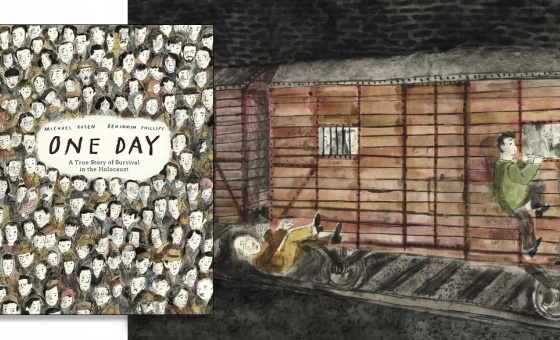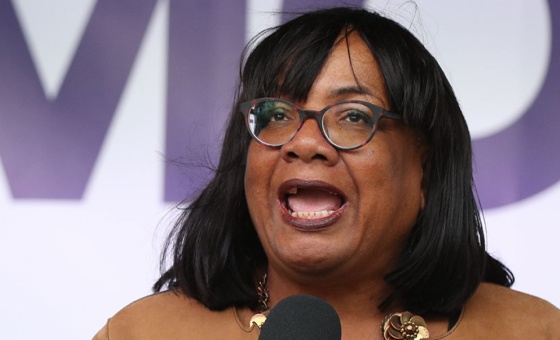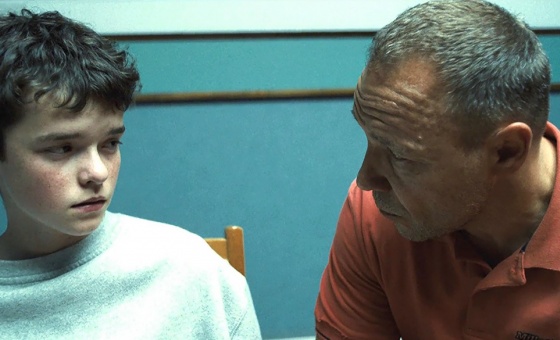WITH the Tories and Labour exchanging blame over Channel crossings, we mark 80 years since a Channel crossing of a different kind.
On June 6 1944 British, US and allied troops crossed the Channel to open a second front against the Nazis in Europe, something the Soviet Union, which had borne the brunt of the war against fascism for the previous three years, had long urged.
Veterans are arriving in Normandy for commemorations of this heroic chapter in Europe’s liberation. Modern hostilities overshadow celebration of the anti-Nazi alliance of the 1940s, with the US and Britain criticising France for inviting Russia because of its invasion of Ukraine, though they themselves have never been excluded from World War II memorials while laying waste to countries from Vietnam in the cold war to Afghanistan, Iraq and Libya more recently.
These diplomatic divisions raise a question we should be asking our own politicians. Have you any right to claim the inheritance of anti-fascist victory if you are dismantling its achievements?
The world war against fascism was the crucible of international institutions as we know them today. The United Nations was established in a joint declaration by Britain, the United States, the Soviet Union and China on January 1 1942: it formalised the alliance against the Axis powers Germany, Italy and Japan, and a condition of membership was to declare war against Nazi Germany and its allies.
The foundation of the UN and new treaties like the Geneva Conventions of 1949 (on the conduct of war) and 1951 (on the treatment of refugees) expressed hope that a more civilised world order would stop any future descent into Nazi barbarism.
These agreements are not perfect, and powerful countries have often ignored them. But their existence is a legacy of the sacrifice made by those who gave their lives to smash fascism on D-Day, or at the battles of Stalingrad or Berlin, or among the heroic resistance movements that sprang up across Nazi-occupied Europe.
Politicians talk now as if the rules are outdated: the refugee conventions were drawn up by people who couldn’t conceive of the scale of “irregular” migration today. It isn’t true: World War II and its aftermath saw huge population displacement, the uprooting of millions of people. The Refugee Convention of 1951 set out universal obligations to refugees because of these horrific experiences.
Those obligations are ones governments across Europe, including ours, are trying to erase. The end of EU search-and-rescue operations, the active persecution of civil rescue crews by states like Italy, have fatally undermined the binding responsibility to aid anyone in distress at sea. The odious Nigel Farage clearly approves, having insulted brave volunteer lifeboat crews by calling the Royal National Lifeboat Institution a “migrant taxi service” for presuming to save people from drowning.
Farage has never yet been elected, but his ability to call the tune at Westminster is as great as ever if the first leaders’ debate is anything to go by: with Labour’s Keir Starmer calling Rishi Sunak, the PM of the Rwanda deportations scheme and the Bibby Stockholm prison barge, “the most liberal prime minister we have ever had on immigration.”
This is gutter politics, and a betrayal of what the D-Day heroes fought for. But so, at home, is the systematic destruction of the NHS and welfare state built after defeating fascism, fruits of a victorious people’s war and a recognition that fascism had emerged from a Europe wracked by poverty and unemployment.
It is no coincidence that today, with living standards falling, public services failing and the brazen theft of our wealth by an ever smaller corporate elite, the far-right politics of grievance and hate are on the march across the continent.
The real commemoration of D-Day must be to mobilise against them. For peace and socialism, against fascism and war.











